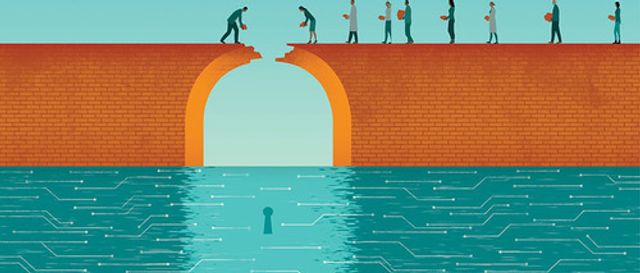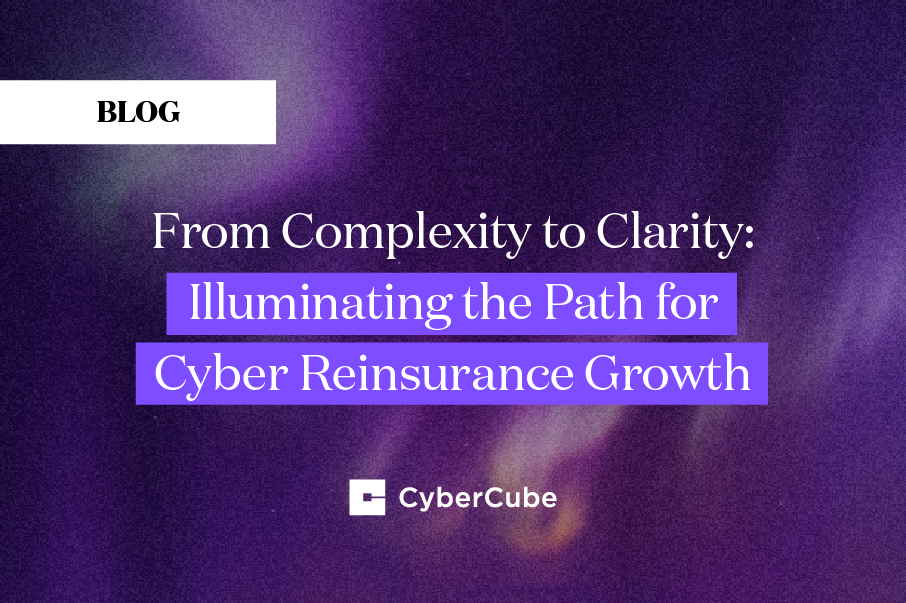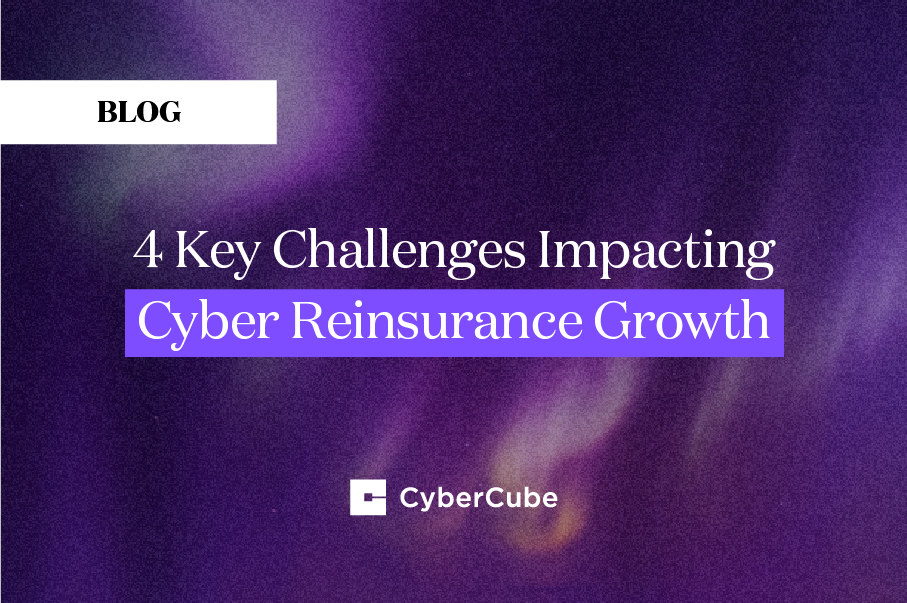At CyberCube, we often talk about the value in building multi-disciplinary teams to tackle cyber risk. Bringing diverse perspectives into a team to tackle some of the most complex risks facing society today is imperative in order to fully understand the scope and scale of cyber attacks on the public and private sectors.
It's great to see this article published in the highly-esteemed Science publication recently. Stanford University's Greg Falco led a team of authors, including CyberCube board director, former Swiss Re group CUO Matthias Weber.
Here are a few sections from the report, but you can click below to read the whole article.
"Cyber risk encompasses a broad spectrum of risks to digital systems, such as data breaches or full-fledged cyber attacks on the electric grid. Efforts to systematically advance the science of cyber risk must draw on not only computer science but also fields such as behavioral science, economics, law, management science, and political science."
"Such questions of disciplinary ownership, the inability to coordinate across disciplines, and the undefined scope of the problem domain have thus plagued inherently cross-disciplinary cyber risk research.
Drawing on global expertise and challenges from industry, academia, nonprofit organizations, and governments, we adapted the classical risk-management process to identify core research questions for cyber risk, gaps in knowledge that need to be addressed for advances in security, and opportunities for cross-disciplinary collaboration for each area. Although we mention specific disciplines reflective of our backgrounds, these are not the only ones that should be conducting cyber risk research."




